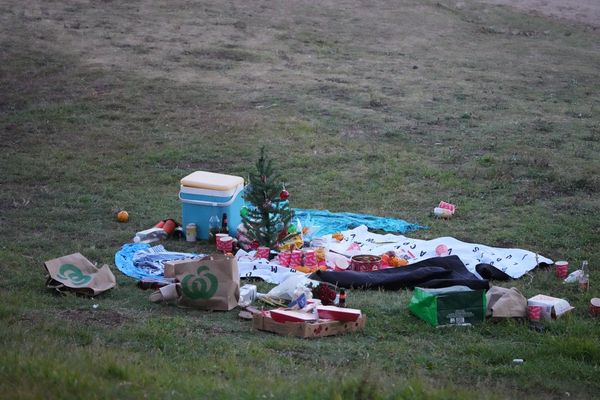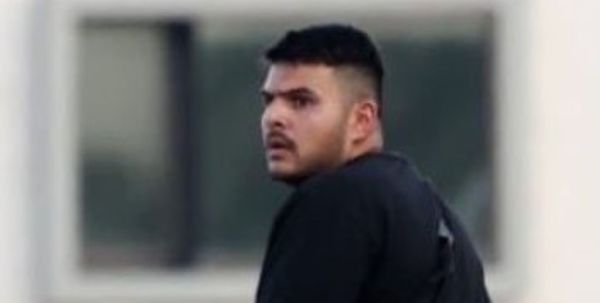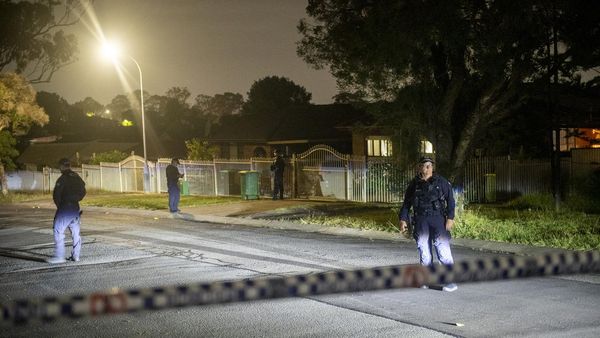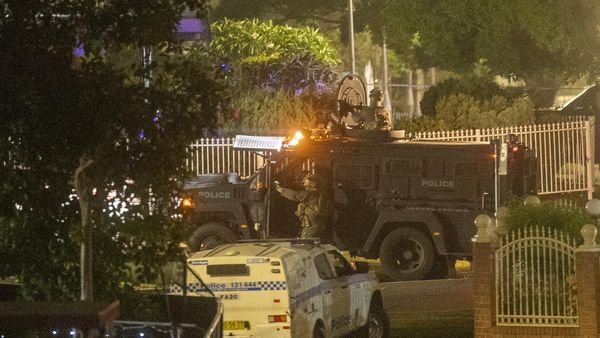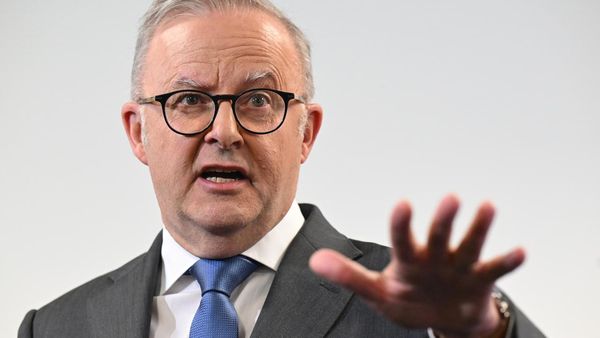
Russia’s war against Ukraine has passed the two-and-a-half-year mark, intensifying international calls for a political settlement. But Kyiv and Moscow’s minimal conditions for peace remain irreconcilable. Volodymyr Zelenskiy wants to regain all territories seized by Russia not just since 24 February 2022, but in 2014 as well. Vladimir Putin wants four Ukrainian provinces – Donetsk, Luhansk, Zaporizhzhia and Kherson – plus a Ukraine that is barred from Nato membership and constrained by caps on troop numbers and armaments, which Moscow demanded in the negotiations held with Kyiv in April 2022.
Both leaders have stated publicly that they are open to negotiations, but neither has abandoned his longstanding goals or given up on victory. As a result, Russia’s army grinds forward in Donetsk (the main theatre of war), albeit at a heavy cost in troops and equipment, and threatens key towns. And last month, Ukrainian troops stunned Moscow by pushing into Kursk province undetected, eventually occupying some 500 square miles, more than the Russian army has in Donetsk all year.
Meanwhile, the US and Britain are mulling over Ukraine’s pleas for permission to use their Atacms and Storm Shadow missiles to strike deep into Russia. (Ukraine already uses both against Russian targets within its own territory.) Putin warned that British and US consent would amount to a decision to wage war against Russia and hinted at perilous consequences. He was outdone, in specificity and drama, by a prominent Russian military expert who advocated lobbing a tactical nuclear warhead into a European Nato country, adding that the US wouldn’t dare retaliate.
Could a combination of war fatigue and the fear of escalation pave the way for negotiations that end the war? I am sceptical.
Ukrainians have certainly endured enormous suffering. Parts of their homeland have been ravaged, and 10 million of them have sought refuge abroad or in safer parts of Ukraine. Ukraine’s army remains outmanned and outgunned – the first half of this year was a low point – and now struggles to train new troops rapidly and adequately enough to counter a relentless Russian war machine.
Moreover, the infighting in the US over continuing assistance to Ukraine – not resolved till April, when Congress approved $61bn (£49bn) in assistance, $25.7bn of it military-related – led to severe shortages that allowed the Russian army to push deeper into Ukrainian-held parts of Donetsk province after the fall of Avdiivka in mid-February.
So, yes, Ukrainians are war-weary, but morale at either the front or the rear hasn’t eroded to a point that leaves Zelenskiy no choice but to cease fighting and seek peace on Russia’s terms. Despite the Ukrainian army’s struggles in Donetsk, its high command launched an offensive into Kursk last month. Though Russia has begun touting its counteroffensive, the fog of war makes it hard to verify its claims to have retaken a string of settlements. And its troops remain exposed to encirclement south of the Seym river because Ukrainian forces blew up the bridges that span it and keep destroying the makeshift pontoon replacements.
Though Ukraine’s troops appear to have made fresh gains in the Glushkovsky district, their advance has slowed – and even if it picks up, gaining additional territory will worsen their already unfavourable force-to-space ratio. It would also provide Russian units, which have been reinforced, more opportunities for counterattacks. Still, the Kursk campaign offers additional evidence that Kyiv remains determined to fight on. Indeed, Zelenskiy and his commanders believe that those gains can be consolidated if Britain and the US allow Ukraine to use their long-range missiles to strike Russian airfields (used for devastating glide bomb attacks), military depots and refineries.
Sceptics contend that gaining greater leeway for using long-range missiles won’t solve Ukraine’s main problem: the inability to wage large-scale manoeuvre warfare. But Zelenskiy remains frustrated by what he considers to be British and American timidity. He believes that Ukraine’s independence hangs in the balance and hence worries more about defeat than escalation. London and Washington don’t want Ukraine to fail, but they are determined to avert escalation, not least because it could spiral into nuclear war. The divergent priorities may explain why President Biden and Keir Starmer did not grant Kyiv’s request for more leeway when they met last week. They may yet relent, but even if they don’t, Ukraine will continue to use its less capable domestically produced drones for deep strikes, including the newly developed (but still not mass-produced) Palyanytsya, a turbojet “rocket drone” whose shorter range is offset by its higher speed.
The Kursk campaign’s success remains uncertain, as does London and Washington’s decision on Storm Shadow and Atacms. But no matter the outcomes, Zelenskiy won’t rush to the bargaining table. Neither will Putin. He remains convinced that Russia will prevail but also understands that his political fate could be sealed if it doesn’t.
The upshot is that despite the increasing appeals for negotiations and the ever-present danger of escalation, the logic of the two adversaries ensures that the war will drag on for months, perhaps longer. That could change, however, should Donald Trump return to the White House – a prospect Kyiv dreads and Moscow relishes.
Rajan Menon is a political scientist who has travelled across wartime Ukraine on four occasions and is the co-author of Conflict in Ukraine: The Unwinding of the Post-Cold War Order
Do you have an opinion on the issues raised in this article? If you would like to submit a response of up to 300 words by email to be considered for publication in our letters section, please click here.

